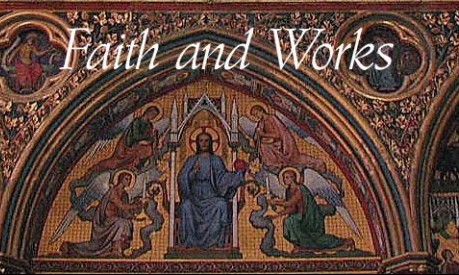The Catholic Church is no stranger to criticism from those who disagree with its teachings, but the petition posted recently on the White House Web site to label the church a “hate group” is beyond the pale, even in an age when an aggressive secularism seeks to marginalize the influence of religious belief.
The church has long been criticized as “too dogmatic.” Demands are constantly made that it change its 2,000-year-old teachings on marriage, family, sexuality, morality and other matters related to the truth about human beings. But even if others do not agree, the church understands that what it proclaims is revealed truth — the Word of God. The church’s teachings are timeless. They cannot be changed, even though adherence may be upsetting to some. That the church is built on a rock with fixed beliefs is a positive feature, both because it can withstand the shifting winds of public opinion and because of the cherished content of our faith itself, which fosters love among Catholics and non-Catholics alike.
Although these precepts may be misunderstood by many today, the fundamental vocation of the Catholic Church is to provide the witness of love and truth to the world, including offering the voice of an informed conscience. Catholics are taught to respect the fundamental, inherent dignity of every person, each made in the image of God, and to work to establish a just society. The church teaches that it is our obligation to manifest love of neighbor, to provide charitable service to others, and to promote truth, genuine freedom and authentic humanism. We work for the poor, the oppressed and the suffering, because that is what our faith teaches we must do. There is thus a positive side to being dogmatic: The teachings and works of the church advance the common good throughout civil society. Just as our dogma is constant, so is the work it commands.
The Archdiocese of Washington is the largest nongovernmental provider of social services in our area: Seventy-five programs in 48 locations offer assistance to whoever needs it, regardless of religion, race, gender, nationality or sexual orientation. Each year, more than 100,000 people in the Washington area rely on Catholic charitable organizations for housing, food, job training, immigration assistance, legal aid, dental care, mental health care, lifespan services for those with disabilities and their families and prenatal care and assistance for vulnerable pregnant women and unwed mothers. Continue reading
Sources
- Cardinal Donald Wuerl in The Washington Post
- Image: Catholic Faith in Action
Cardinal Donald Wuerl is archbishop of Washington.
